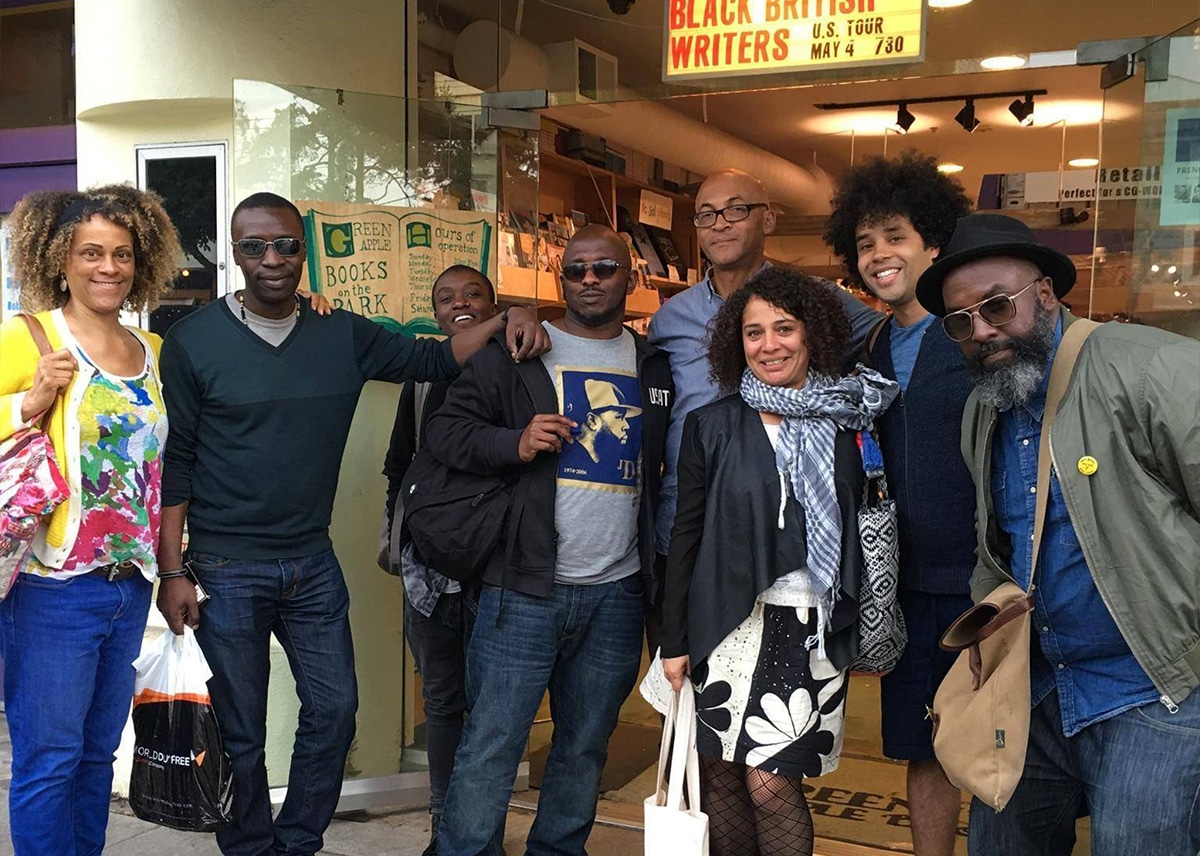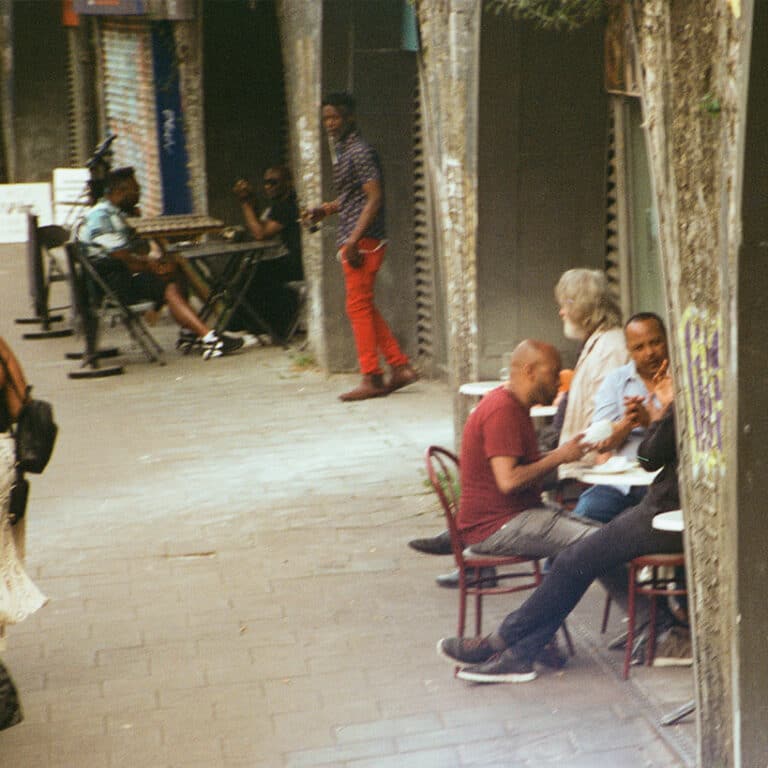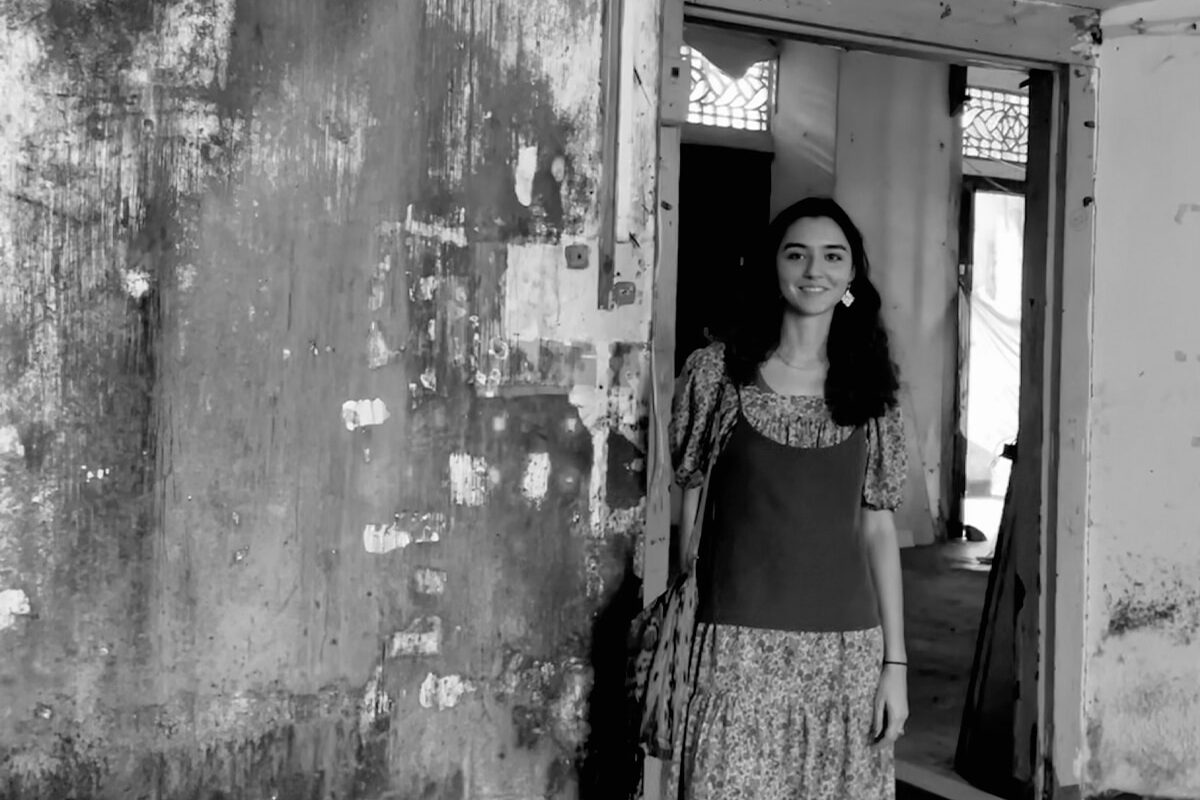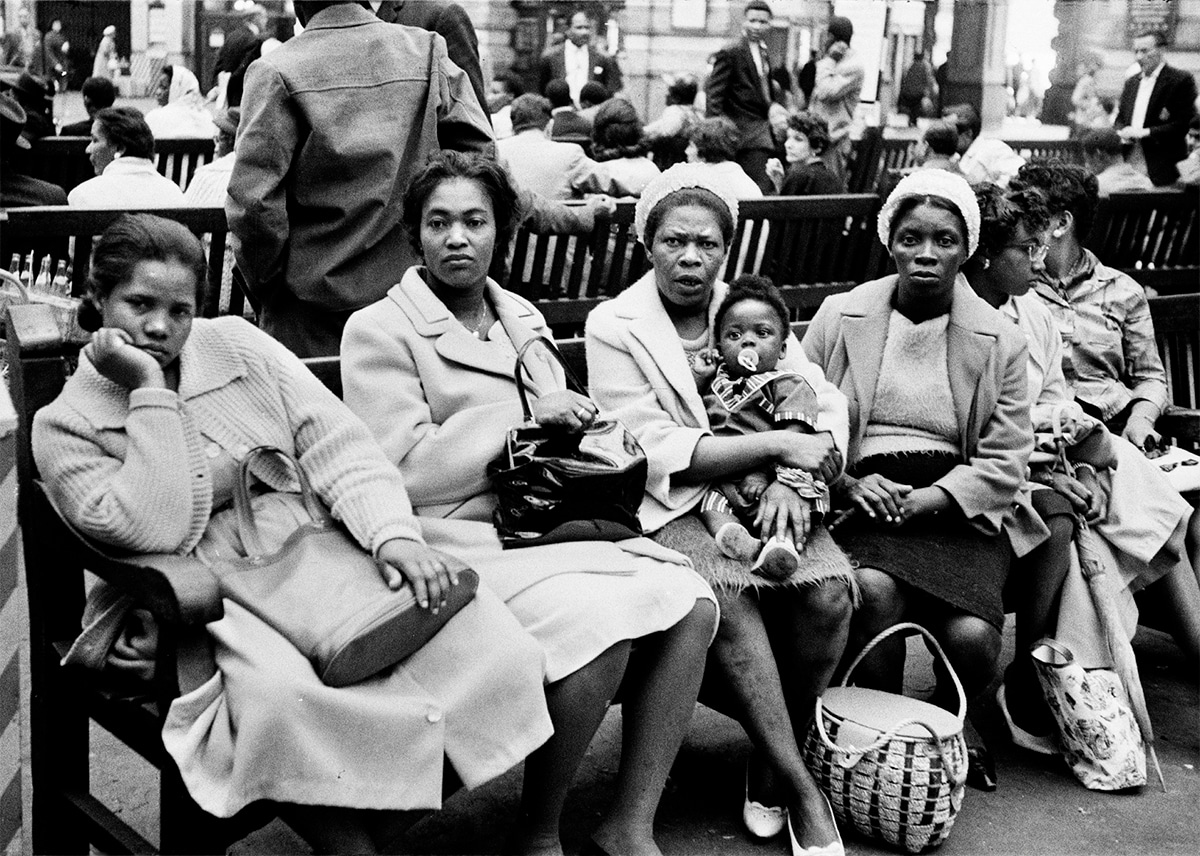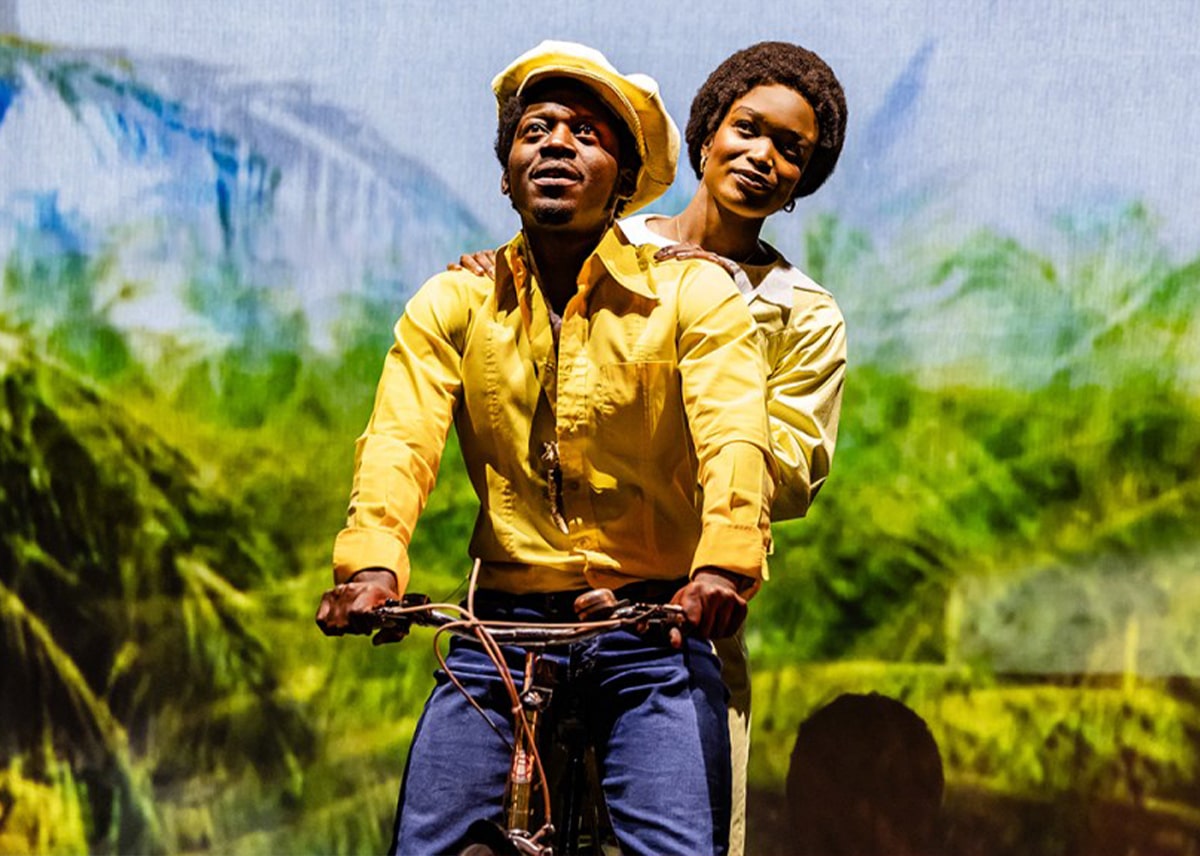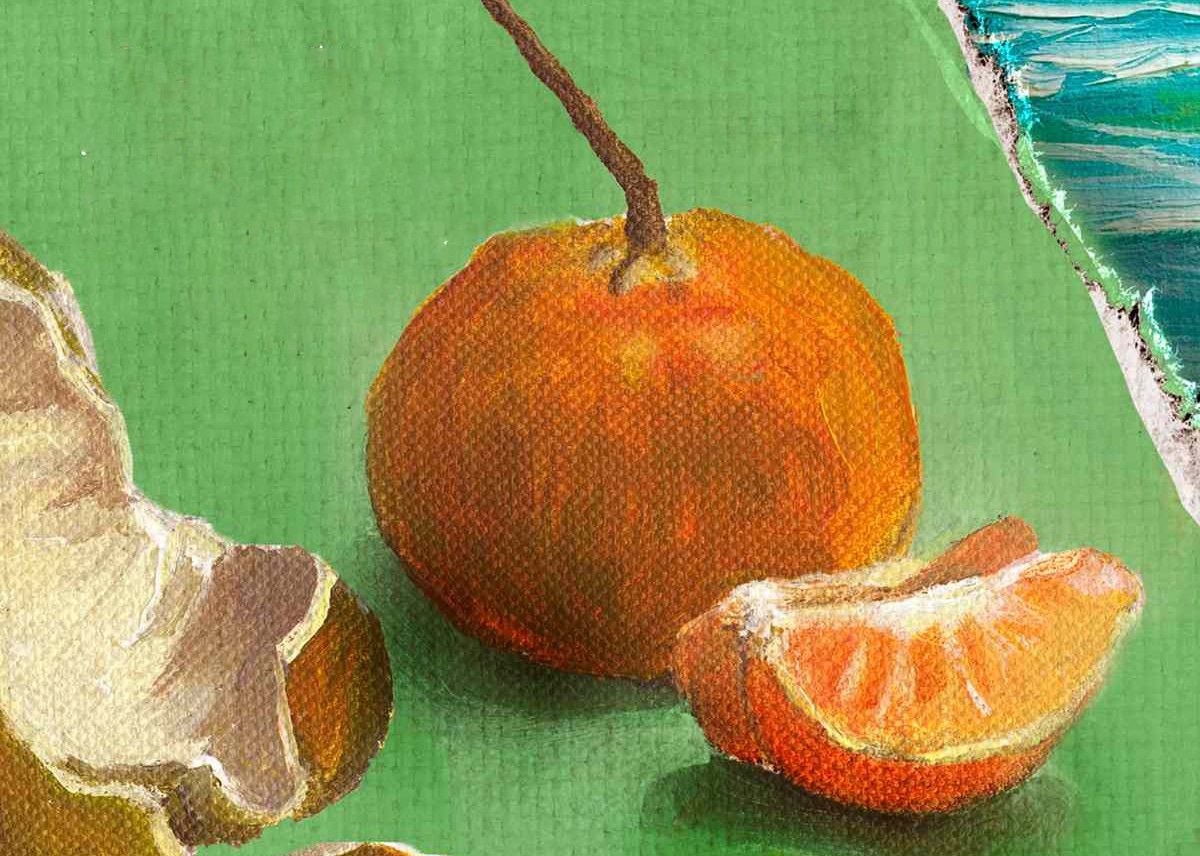In appreciation of Margery Allingham
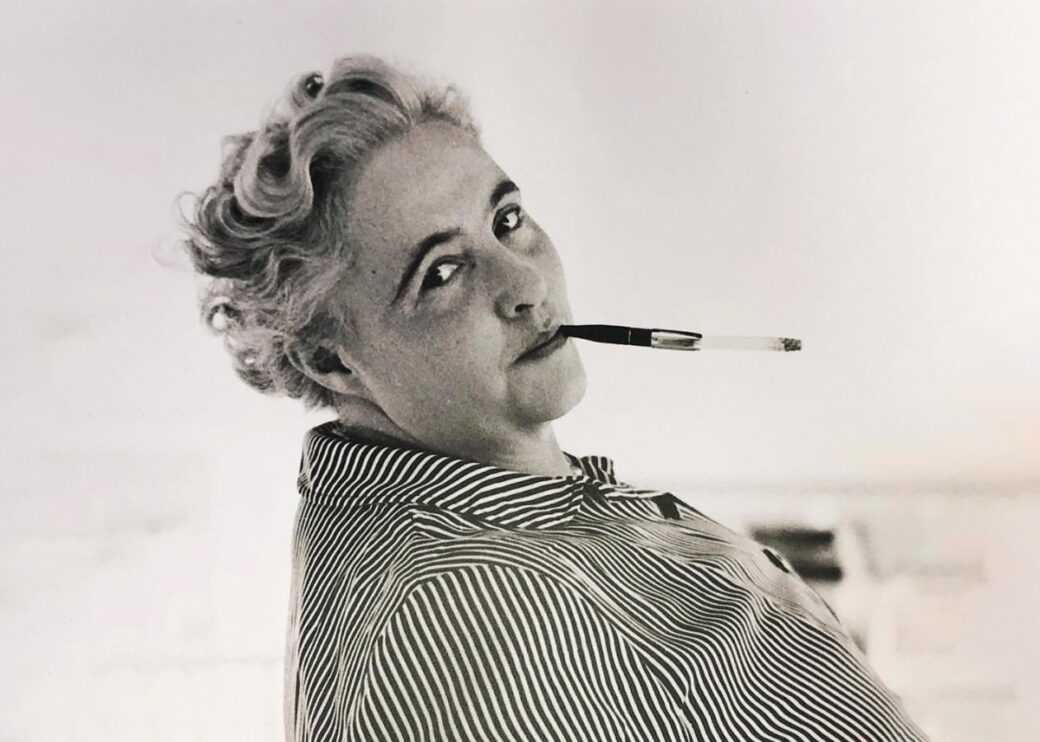
Margery Allingham’s character Albert Campion first appears in The Crime at Black Dudley (1929), in which he is a minor, rather effete character in a house party. He is described as ‘the fresh-faced young man with the tow- coloured hair and the foolish, pale-blue eyes behind tortoiseshell-rimmed spectacles’. However, this fresh-faced young man goes on to steal the show from the poker-faced, slightly humourless doctor who is supposed to be the hero. For the next thirty years, Campion was to be a recurring figure in most of Allingham’s novels. All are, in a way, detective stories, but they vary hugely.
I admire the way Allingham made a place for herself as a writer, amid a system and in situations that didn’t quite suit her. She came from a family of professional writers, for whom producing thousands of words of commercial fiction a week was considered the normal way of earning a living. Margery more or less cheerfully adopted the detective novel as her form but continued to follow her own interests within the formula, and in a context in which crime writing was almost never considered truly literary, at least at the beginning of her career.1 Some of the Campion novels are ludic, even fairy-tale-like (Sweet Danger, or its later counterpart The Beckoning Lady); some are closer to being thrillers, like Traitor’s Purse, in which an injured Campion wakes, amnesiac, in a hospital, and must figure out how to solve a plot to destabilise wartime Britain, even as he attempts to piece together his own life. The trope of forgetting and the possibilities it offers for defamiliarisation as well as for a radical interrogation of self are reminiscent of the French nouveau roman of the 1950s – except that Traitor’s Purse was published in 1941.
Allingham (or Marge, as I now think of her) was interested in everything. The Mind Readers (1965) has the best exposition I’ve seen in fiction of what it feels like to send or receive a telepathic communication, in addition to an espionage plot that feels like John Le Carré but involves schoolboys. Tiger in the Smoke includes a serious thinking-through of evil, and, more unusually, what it might mean to be good. London is another of Allingham’s great subjects – whether it is hidden places like the tiny, now-enclosed memorial where Chief Inspector Stanislaus Oates bumps into Campion at the beginning of Police at the Funeral, or invented locations like the Turk Street Mile in The China Governess. And family is another focus – different versions of claustrophobic (murderous?) families with a lack of self-awareness populate her novels, from the Faradays in their depressingly grand Cambridge house in Police at the Funeral to the wildly eccentric Palinodes in More Work for the Undertaker, or the publishing family of Barnabas in Flowers for the Judge, including the brother who, one summer morning years earlier, had been seen apparently disappearing into thin air while walking down a London street. Allingham managed to turn the difficulties of her own life – her self-absorbed, unkind mother, or her marriage to the continually unfaithful Philip Youngman-Carter (Pip) – into something more joyful within her fiction. Writing was not only a vocation but a necessity: she was the only earner in the household and supported Pip’s extravagant life in London while she stayed in their house in rural Essex and wrote.
Despite it all, her novels have the lovely leavening effect of humour: a balloon cut loose from its string, floating up into the blue sky. The character of Campion may have begun as an idealisation of Pip (a later villain, in Hide My Eyes, rather strikingly has many of the same mannerisms and characteristics, which he uses to paper over his crimes), but really he was an alter ego for his creator, and his essential levity and good humour rhymed with hers.
1 The biographical information in this piece derives from Julia Jones’ biography, The Adventures of Margery Allingham (Chelmsford: Golden Duck Editions, 2009).
In defence of Black History Month
Is it time to bring an end to the UK's Black History Month?
The last days
'A version of this life is ending. I’m in the last days. This may be the last essay I write as childless novelist.'
A close encounter with accents
An investigation of the consequences of speaking with a foreign accent in your adopted country
Soon Come
In Soon Come, readers are treated to a narrative that has been, figuratively speaking, marinated in jerk seasoning
The Harder They Come
In the latest production of The Harder They Come at Stratford East, London, the musical depicts all of Jamaican life on stage with thrilling simplicity.
Love forms
The experience of silently reading Claire Adam’s Love Forms is one of immense and daunting loneliness

Preaching
'Preaching': A new poem by the T.S.Eliot Prize-winning poet Roger Robinson, from his forthcoming New and Selected Poems (Bloomsbury in 2026).
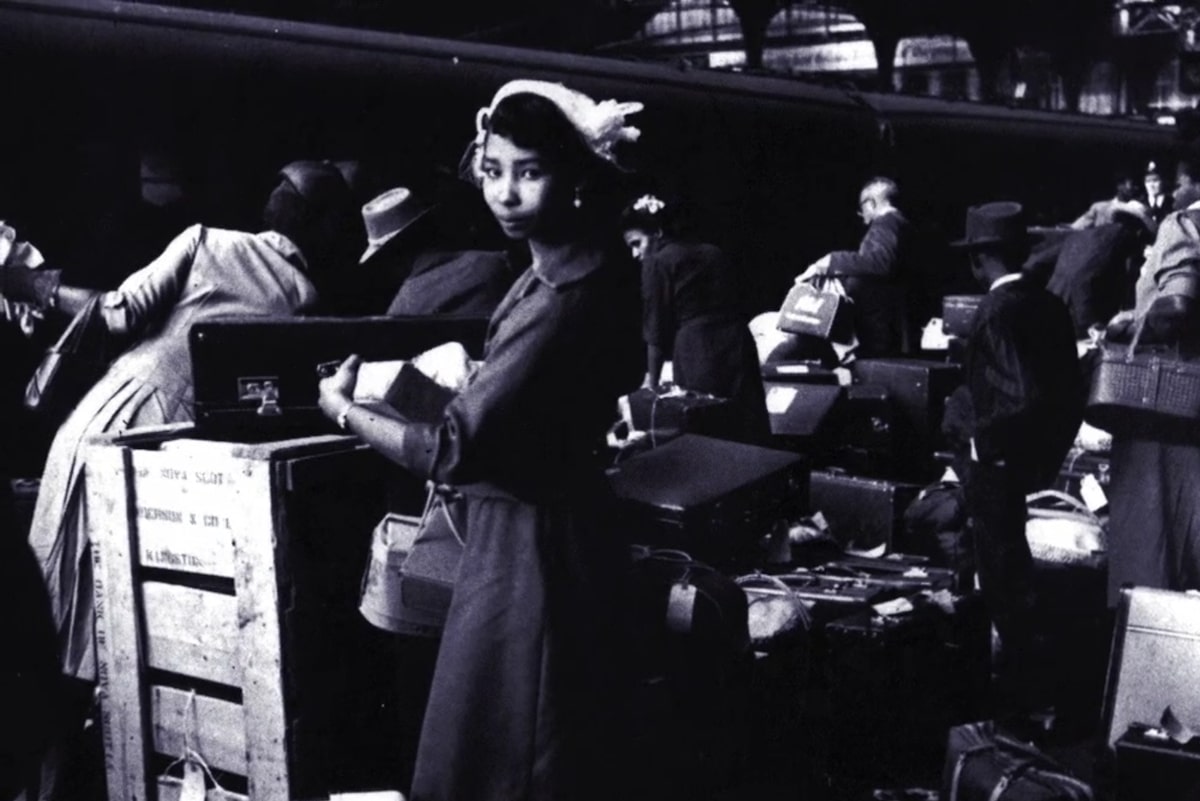
Walking in the Wake
Walking in the Wake was produced for the Estuary Festival (2021) in collaboration with Elsa James, Dubmorphology and Michael McMillan who meditates on the River Thames as we follow black pilgrims traversing sites of Empire.

Illuminating, in-depth conversations between writers.
SpotifyApple Podcasts
Amazon Music
YouTube
Other apps

The series that tells the true-life stories of migration to the UK.
SpotifyApple Podcasts
Amazon Music
YouTube
Other apps


